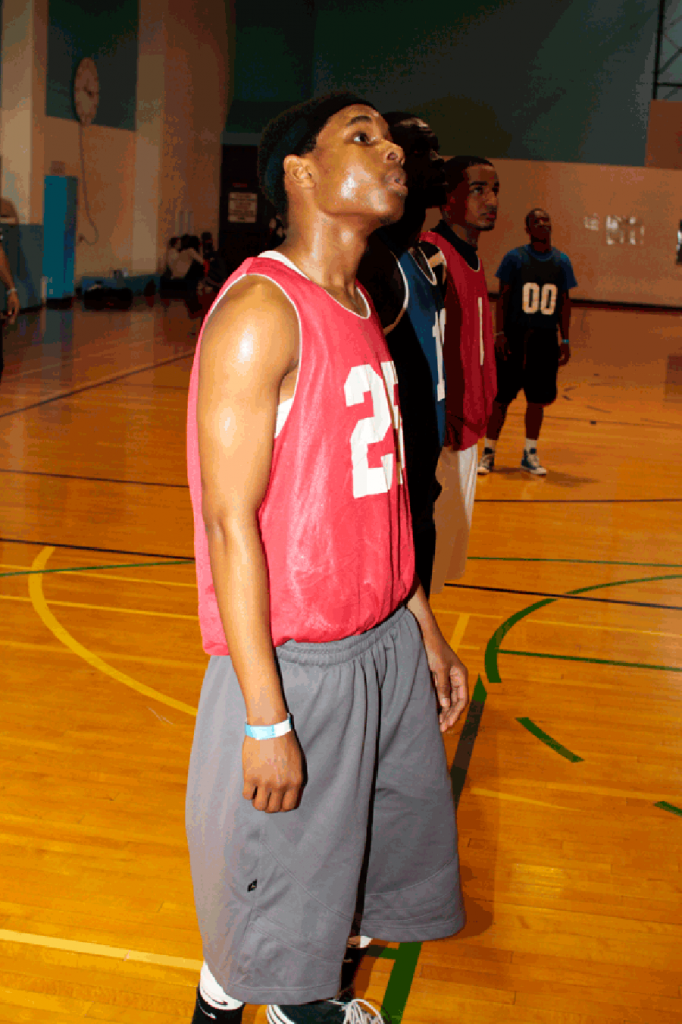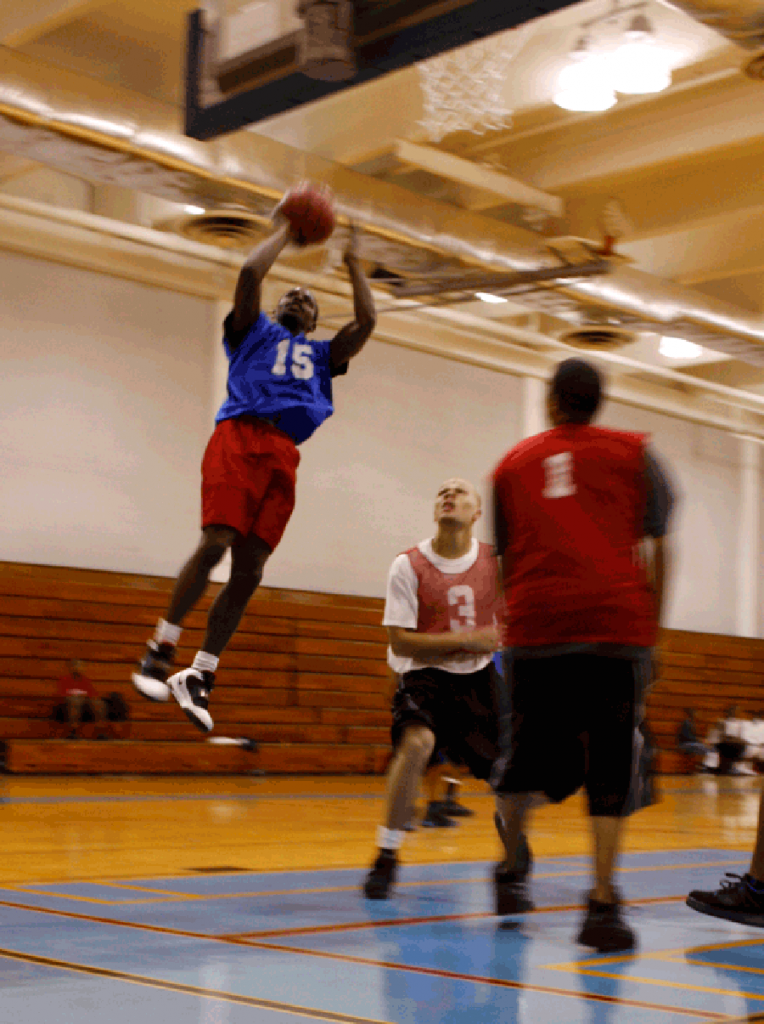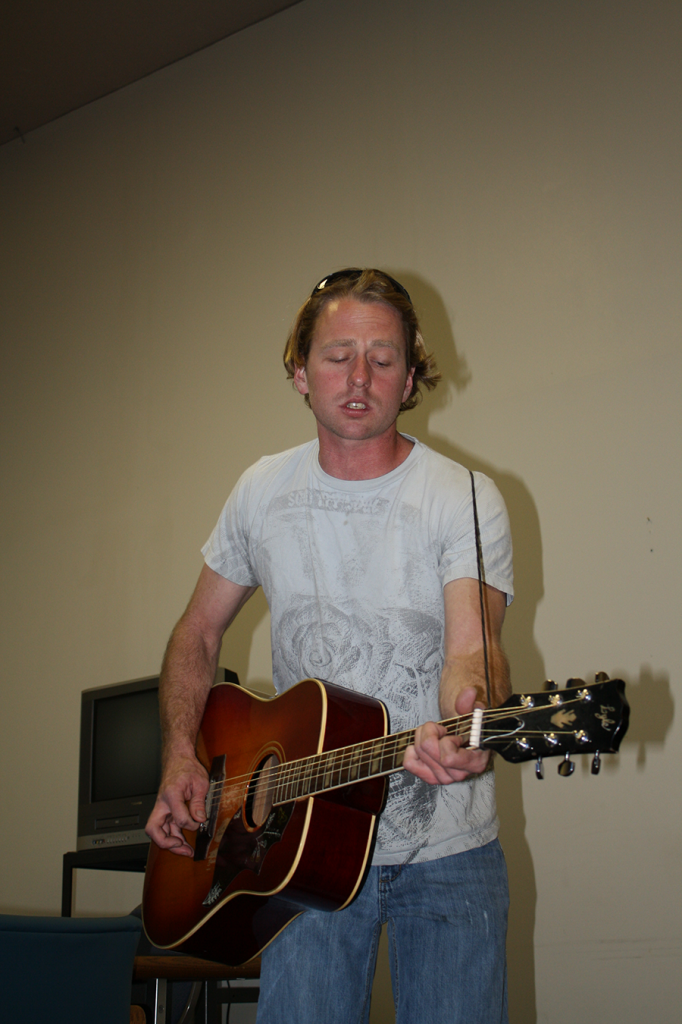By Missy Irvin/reporter
One staff member offered suggestions Feb. 17 on South Campus to develop positive communication between students and their professors.
Chris Carcerano, center for academic success coordinator, presented Academic Communication: How to Talk to Faculty, a student success seminar, to help students improve communication with their teachers.
“There are reasons for communication with your professors: to follow up on a topic covered in class, to ask about grades or classroom progress, to discuss classroom issues or to resolve grades or other conflicts,” he said.
Students should pay attention to faculty office hours and use them, Carcerano said.
“If it’s a class you are having trouble with, the professor is there to help,” he said. “You can also discuss classroom issues or other conflicts.”
Carcerano said it’s important for students to form a relationship with instructors.
“You need to get to know your professors to know your professor’s style and learn to like it,” he said. “It takes time.”
Building effective communication between two people is not something that can happen overnight, Carcerano said.
“Don’t get offended if your professor doesn’t remember your name,” he said. “A good way to help your professor remember your name is to introduce yourself every time you see them.”
Regular attendance is important not only for good relations with the professor but also for ensuring that you don’t miss anything, Carcerano said.
“Participation is key. Go to class,” he said. “Be a proactive participant.”
If students disagree with a professor or don’t understand the material, Carcerano said they should talk to their teacher by making simple requests. For instance, they could ask for an explanation because they didn’t understand what the teacher was asking. They should not put their teacher on the defensive.
“The last thing you should ever say is ‘you’re wrong,’” he said. “The one that loses their cool loses.”
Although students may get mad about something, they should remain calm, Carcerano said.
The key to letting someone know the student wants to resolve the issue is flexibility and remembering every problem has more than one solution.
“Set goals, make a plan and take action,” he said.
Students also need to stay committed to the class. Carcerano said the worst thing a student can do is to ignore the problem and not communicate with the professor. Once students open communication, they will more than likely solve a problem.
“Remember, just because you don’t like your professor doesn’t mean you can’t learn from your professor,” he said.
South students interested in upcoming success seminars can visit SACA 1120 for a full list.





























